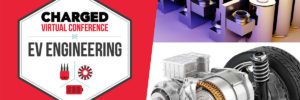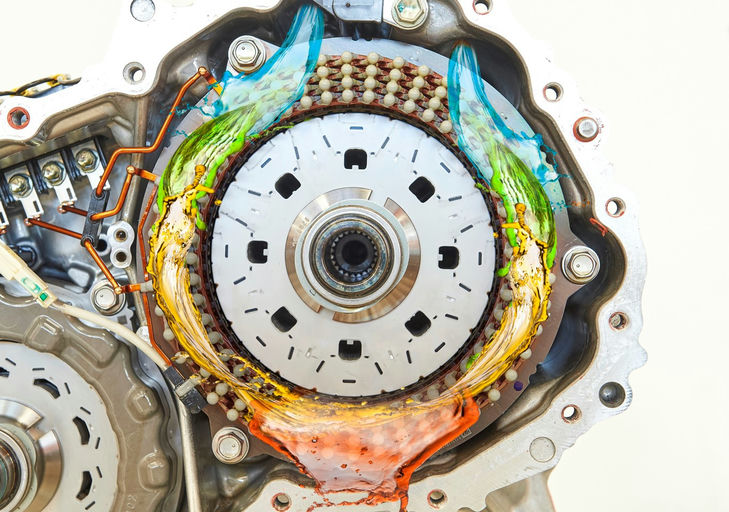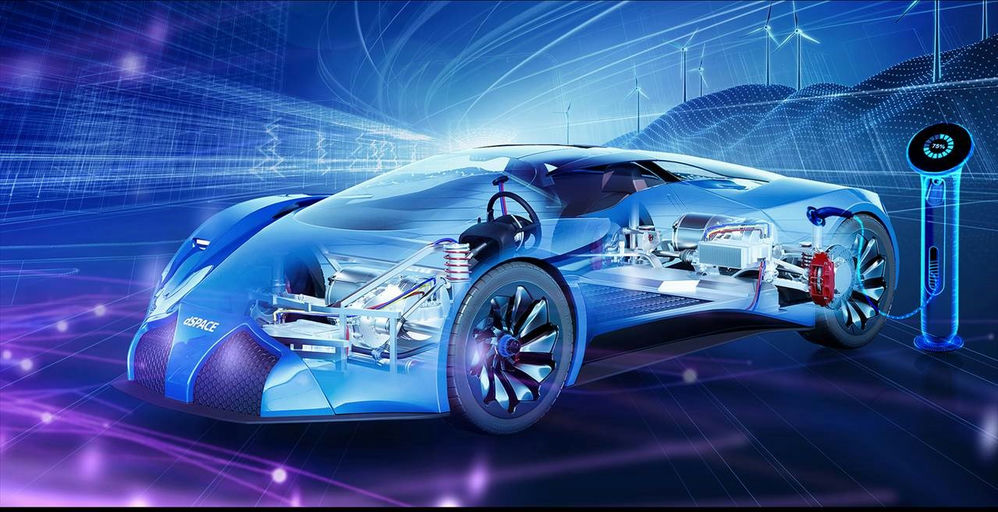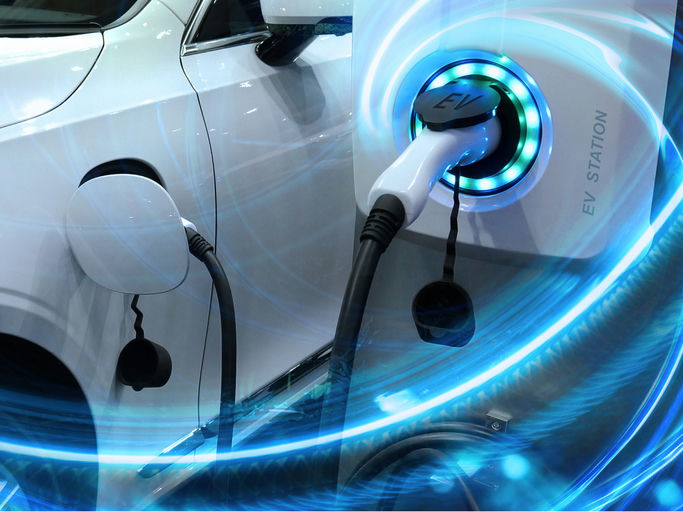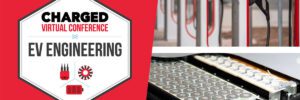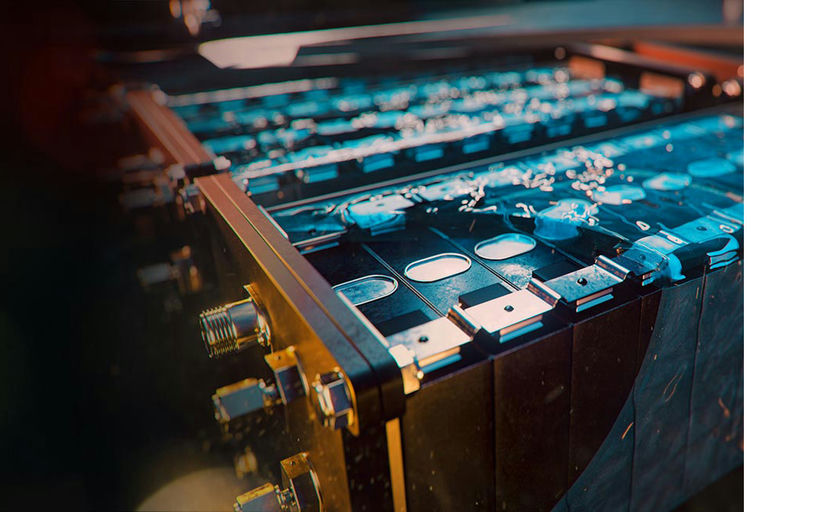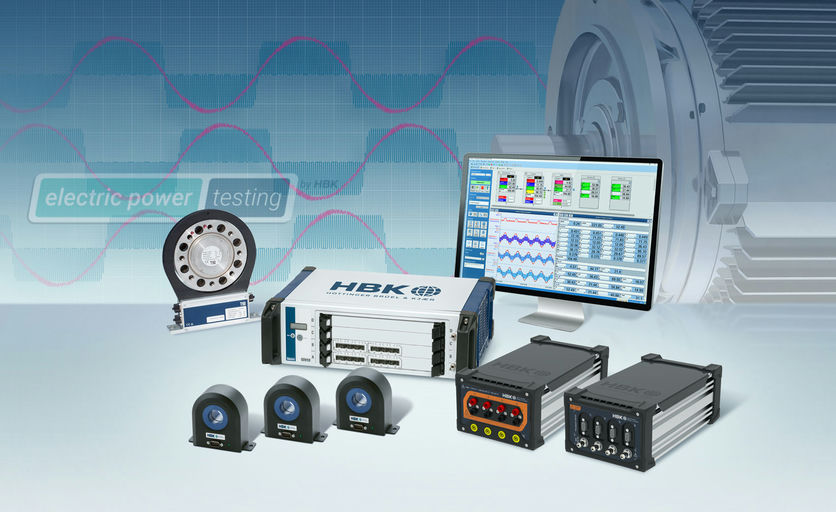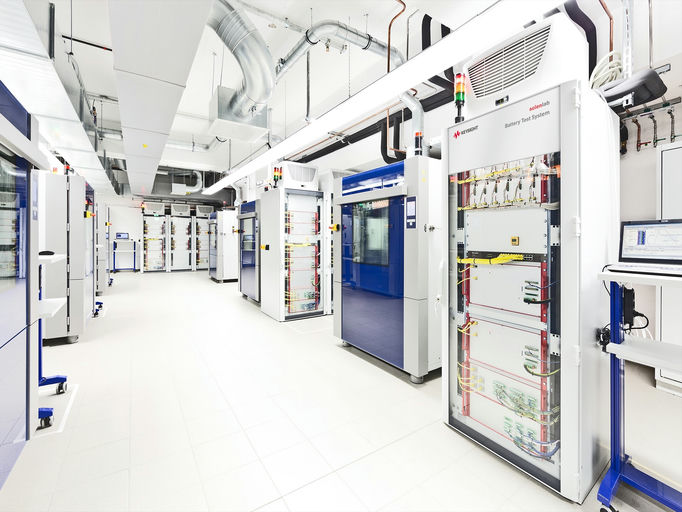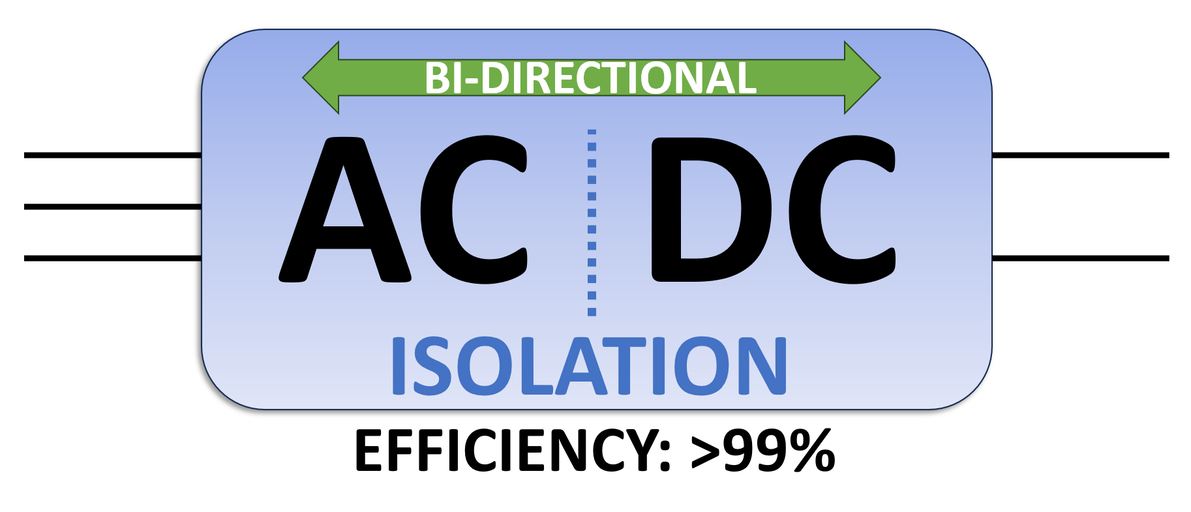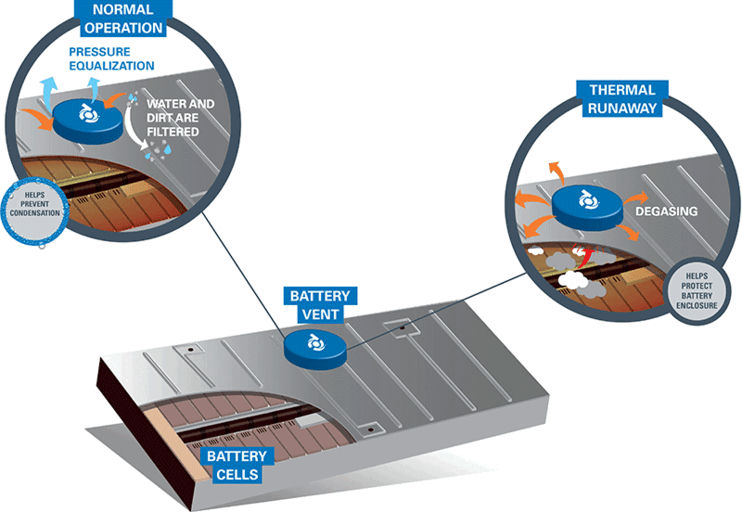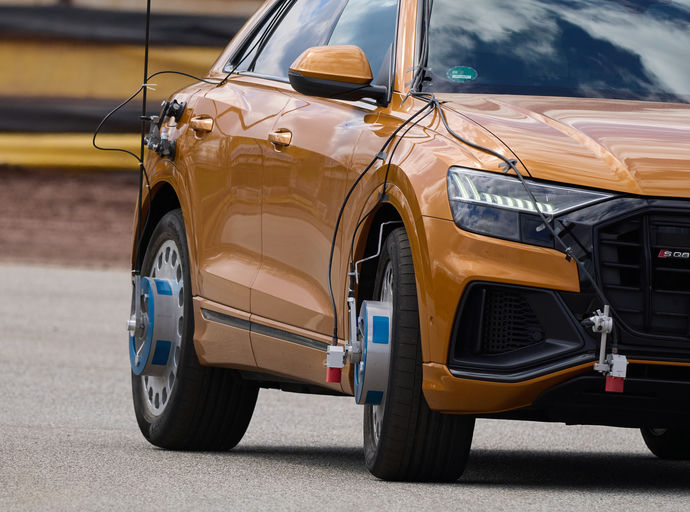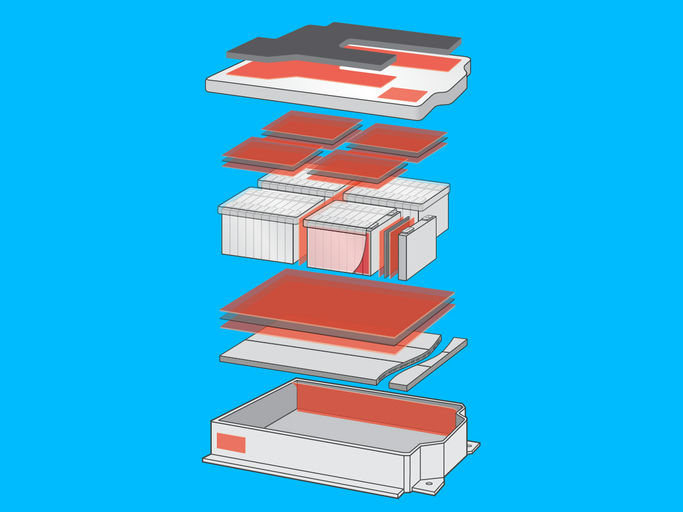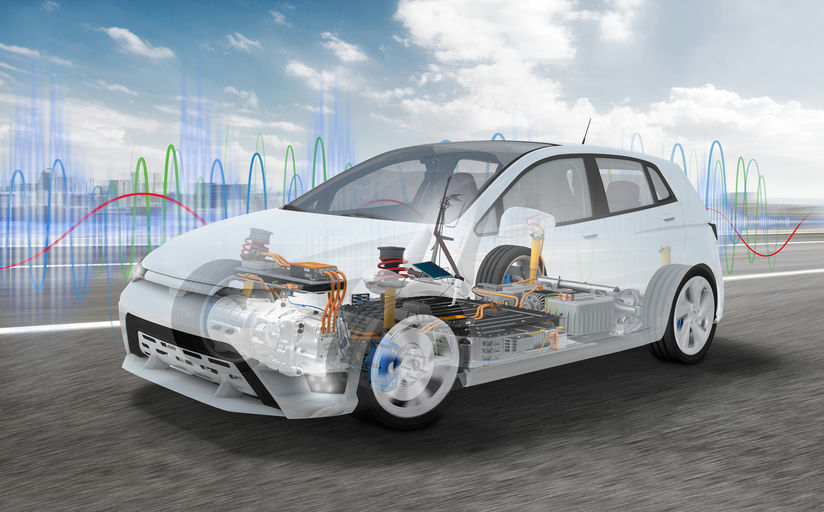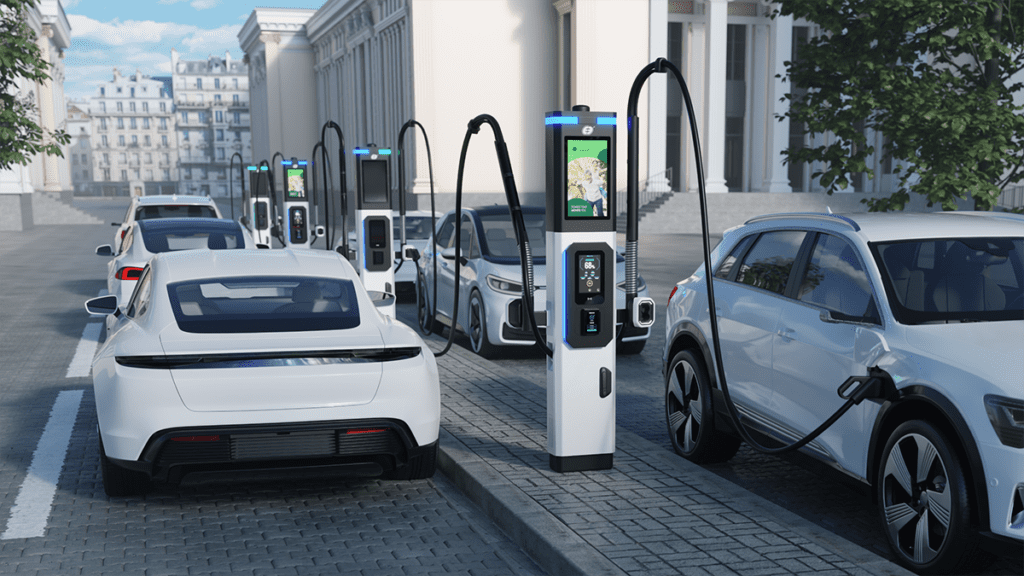Charged is hosting a virtual conference on EV engineering that’s free to attend, and it starts today. The conference includes live webinar sessions with interactive Q&As and on-demand webinars. View the daily session schedule online here.
All of the live sessions will be recorded and available to view after the broadcasts. The recorded videos can be accessed on each session’s registration page.
Thursday, April 18th Session Topics:
8:00 am EDT
All-In-One e-Fluid Technology To Cool Inverter, e-Motor and Provide EV Gear Lubrication
Join Us
8:45 am EDT
Real Time Power Electronics Simulation Join Us
9:15 am EDT
Revolutionizing EV Charging Testing: Trends, Use Cases And Solutions
Join Us
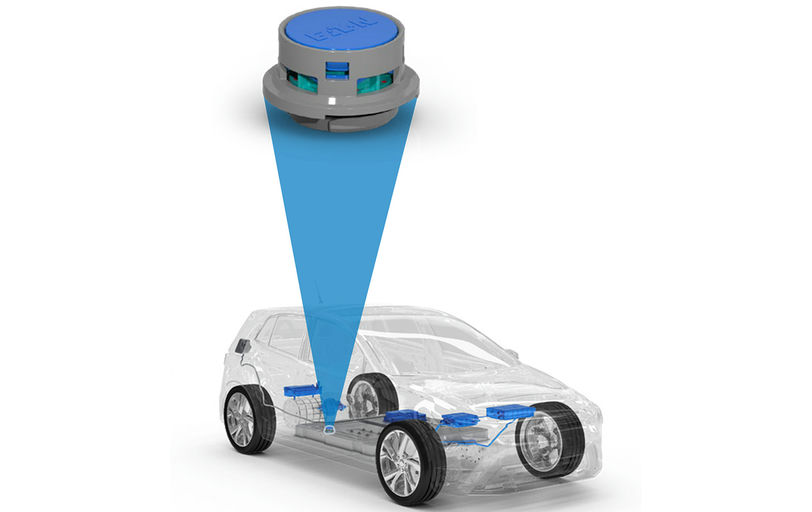
9:30 am EDT
Electric Vehicle Safety: The Critical Role of Battery Venting Technology
Join Us
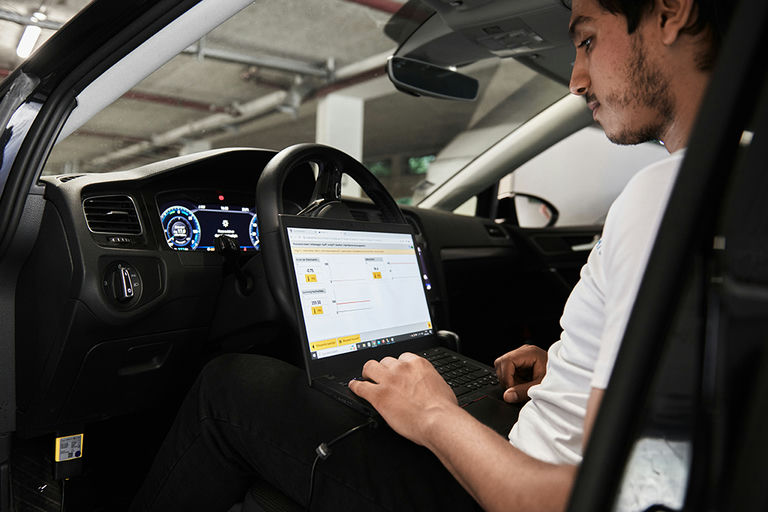
10:15 am EDT
Minimize The Risk Of Breakdowns And Fire: Protecting EV Batteries
Join Us
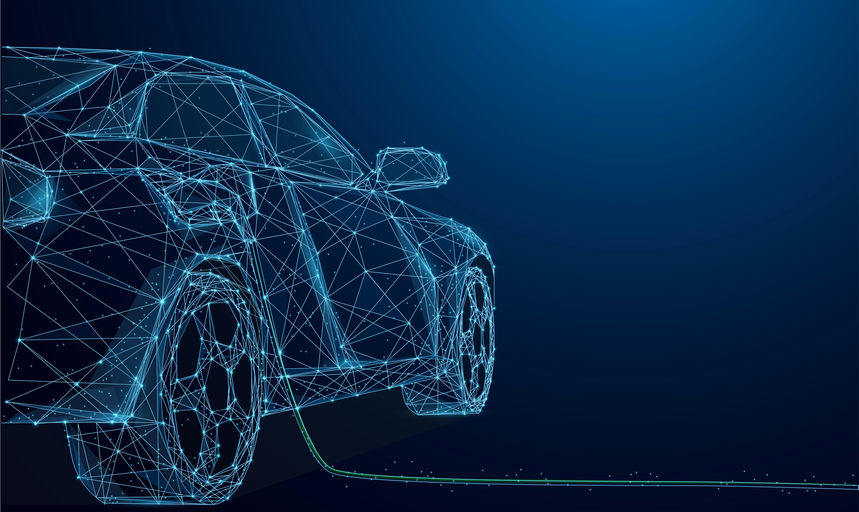
10:30 am EDT
Optimization Of EV Thermal Management At The System Level
Join Us
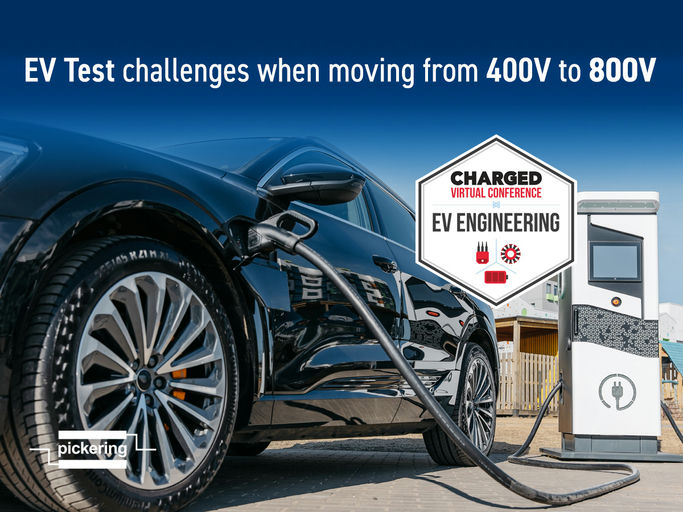
11:00 am EDT
EV Test Challenges When Moving From 400 V To 800 V
Join Us
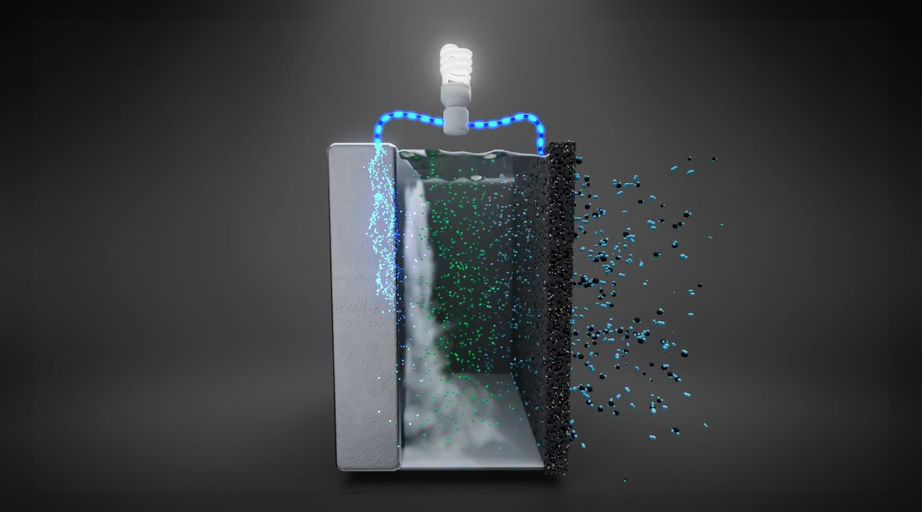
11:45 am EDT
Advancements in Aluminum-CO2 Battery Technology for EVs
Join Us
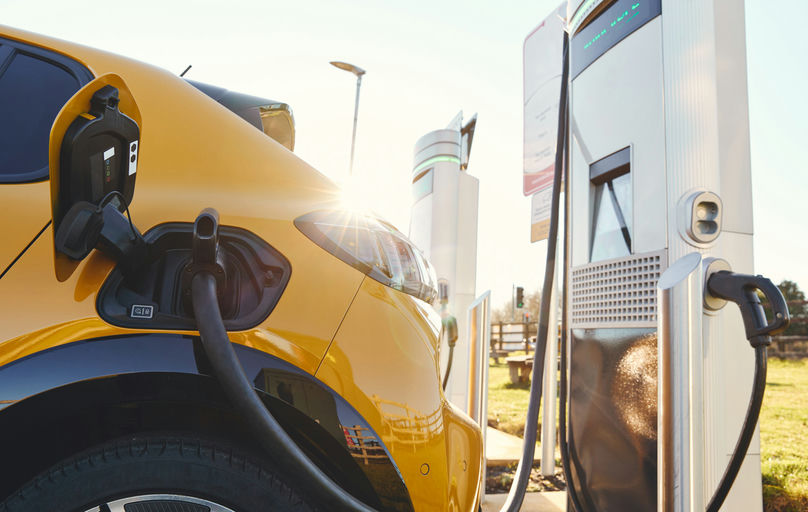
11:45 am EDT
Certification And Testing Of EV Charging Stations
Join Us

12:30 pm EDT
Challenges And Solution For Pick And Place Automation Of Thermal Gap Filler Pads
Join Us
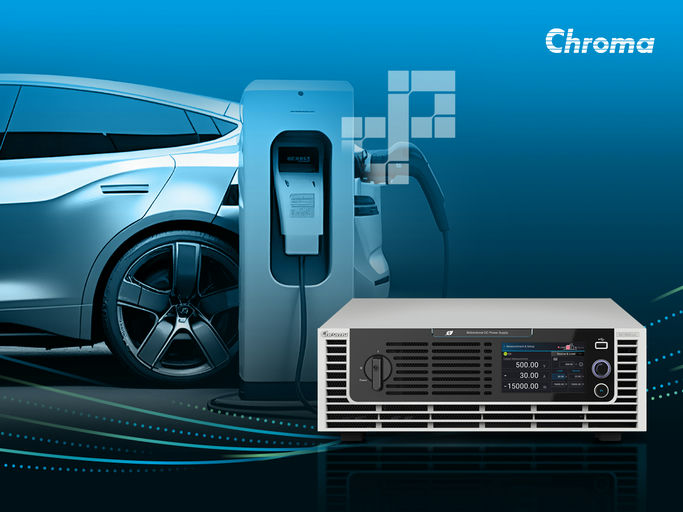
1:00 pm EDT
Testing Bi-Directional Power Electronics
Join Us
Source: Electric Vehicles Magazine

